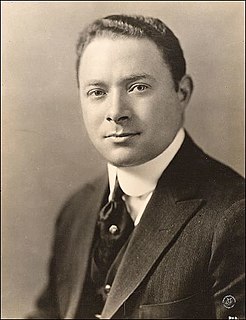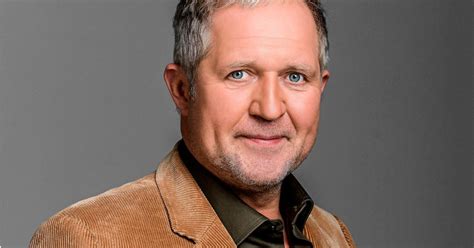A Quote by Nikolaj Coster-Waldau
Related Quotes
We have an incredible capacity for the worst possible evil, all of us, it was that we also have this incredible capacity for good. And that is why we are all of us appalled when something bad happens. Because if the bad was the norm, we would just shrug our shoulders and say "well tough luck, this is how the cookie crumbles" kind of thing but none of us does that.
To then say that our own actions in combating evil have led to evil, is nothing more than saying, "Islamic terrorists are somewhat justified, at least we can understand why they hate us because we've done things to make them hate us. ... We have been evil ourselves, and we are evil and that justifies them being evil."
I have heard and seen many examples of the cruelty that we are able to visit on one another during my time. . . I have also seen incredible forgiveness and compassion. Yes, each of us has the capacity for great evil. But for every act of evil there are a dozen acts of goodness in our world that go unnoticed. It is only because we believe that people should be good that we despair when they are not. Indeed, if people condoned the evil, we would be justified in losing hope. But most of the world does not. We know that we are meant for better.
God's love has a width, length, height, and depth, but we will never reach the end of it. Our capacity to experience God's love will be exhausted long before God's capacity to give it is strained. The picture of having Christ dwell inside us by faith presents us with compelling and comforting possibilities. What Christ does in us and through us will always be 'exceedingly abundantly above all we ask or think.'
Chris would use the spiritual aspect to try to motivate us. "He'd tell us to think about all the evil in the world, all the hatred, and imagine ourselves running against the forces of darkness, the evil wall that was trying to keep us from running our best. He believed that doing well was all mental, a simple matter of harnessing whatever energy was available.



































